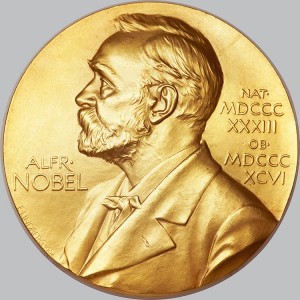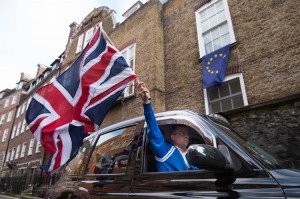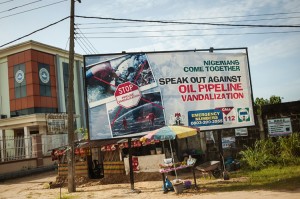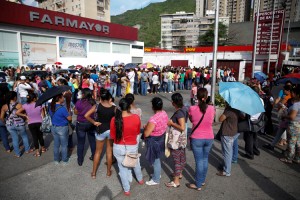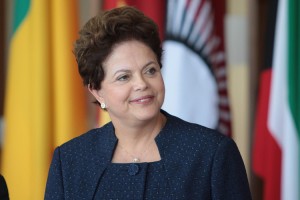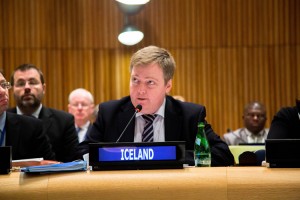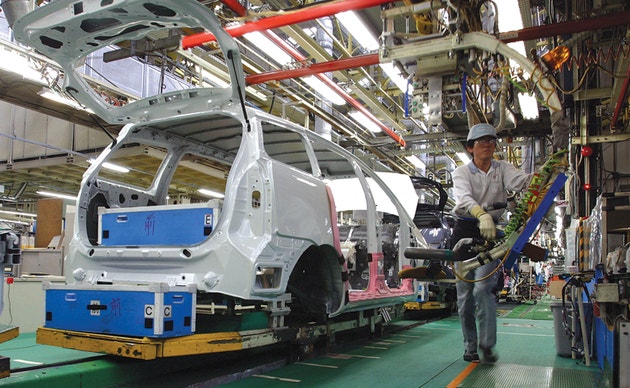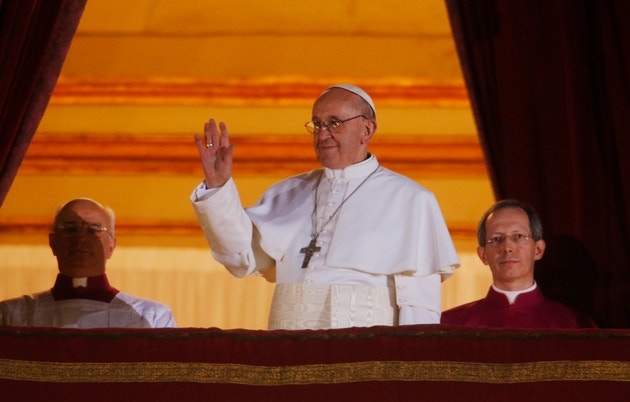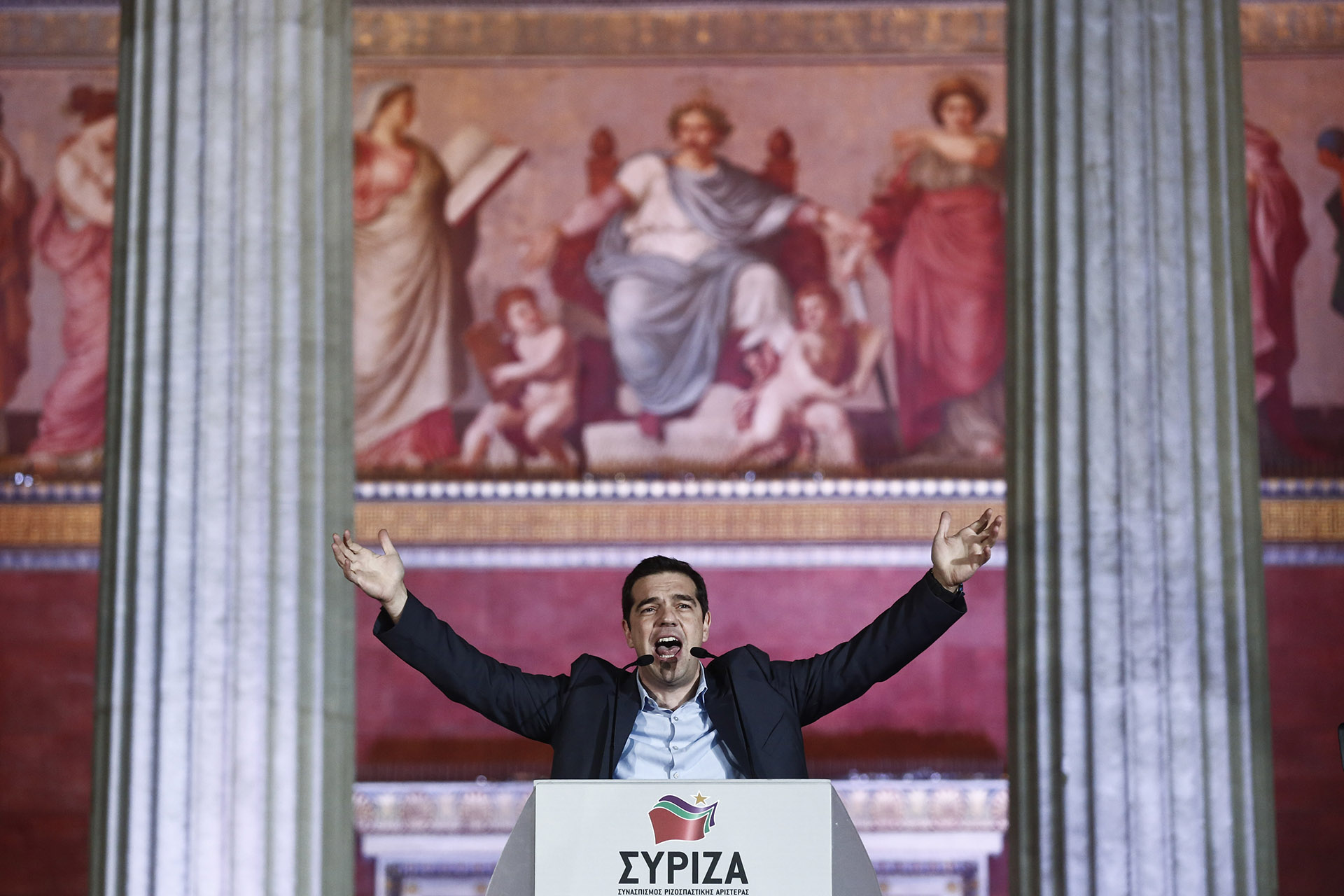Nobel Prize in Economics
Thursday, October 13th, 2016October 13, 2016
On October 10, the Royal Swedish Academy of Sciences in Stockholm, Sweden, awarded the 2016 Nobel Prize in economics to two United States-based economics professors. British-born Oliver Hart of Harvard University in Cambridge, Massachusetts, and Bengt Holmström of Finland, who works at the Massachusetts Institute of Technology (MIT), also in Cambridge, shared the prize for their research in contract theory. Contract theory is a comprehensive framework for analyzing a diverse range of issues involving contractual relationships. Such issues include performance-based pay for top executives, insurance deductibles and co-pays, and the privatization of such public-sector institutions as hospitals, schools, or prisons.
Noting that modern economies are held together by innumerable contracts, the academy said that “the new theoretical tools created by Hart and Holmström are valuable to the understanding of real-life contracts and institutions, as well as the potential pitfalls in contract design.” The work by the two economists is aimed at helping individuals, businesses, and others determine whether the agreements that bind them together are in their best interests.
Holmström, a longtime director on the board of the Finnish telecommunications giant Nokia, began his research on contract theory in the 1970’s. He demonstrated how a contract between a company’s shareholders and its top executives should be designed to link performance to pay incentives. He later generalized his research to link employee performance to pay and potential promotion incentives.
In the 1980’s, Hart’s work focused on incomplete contracts. His work explored how contracts do not always reflect reality because it is impossible for a contract to specify every eventuality when it is written. His work spells out control rights in contracts, specifying which party should be entitled to make decisions in which circumstances when problems arise. Hart’s findings have had a vast impact on several fields of economics, as well as in political science and law.
Hart was born in 1948 in London, England, and is now a U.S. citizen. He received a Ph.D. degree in 1974 from Princeton University in New Jersey. Hart is the Andrew E. Furer Professor of Economics at Harvard, where he has taught since 1993. Holmström was born in 1949 in Helsinki, Finland. He received a Ph.D. degree in 1978 from Stanford University in California. He is the Paul A. Samuelson Professor of Economics and Professor of Economics and Management at MIT.

